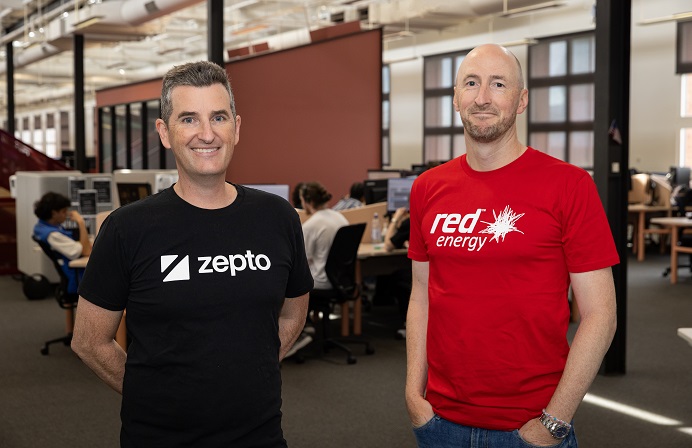
Australia’s ‘Big Four’ banks cannot afford to be provincial, and should be looking to Asia for talent to lead their technology teams, warned Asia Pacific executive search firm Franklin Phillips which focuses on payments, digital and transaction banking.
According to Vivianne Arnold, who is the founder and CEO of Franklin Phillips, “we are a trading nation in a connected world… The ‘Big Four’ need to look to Asian talent not just to lead their Asian banking teams, but also to internationalise the mindset of Australian banking teams.”
This is something ANZ Bank has been public with its desire to achieve as it expands into the Asian region, in the wake of an ‘epidemic’ of top C-Level technology executives moving roles across the region’s banking landscape.
However Arnold pointed out that despite the poaching and movement of executives, losing existing talent is not an option for banks, saying “financial technology is evolving so rapidly that no bank can afford to lose a CIO who really understands the new digital landscape, and just as importantly, is able to convince his or her colleagues in the C-suite of the importance of adapting to the new landscape.”
The epidemic behind these movements is not exclusive to the financial services industry, with technology becoming increasingly critical as user demand shifts and develops, according to Senior Analyst at Ovum, Gilles Ubaghs.
“Technology is now at the epicentre of financial services transformation strategies, and the drive to omni-channel digital services… For many organisations this means a shift in mindset is needed towards more deeply engaged CIOs capable of co-ordinating developments and strategy across the organisation. If there is a shortage of talent it is mainly because these developments are fairly new, and hence executives with experience with these sorts of transformation strategies are harder to come by,” he said.
Arnold said the shortage of C-level digital executives stems from the generation gap, because banks need talent with a digital mindset, saying “amongst the Australian banks there is a desperate shortage of senior executives who live in the digital world. Baby boomers and Gen X executives developed their strategic expertise in a time of bricks and mortar and they are leading in an age when assets flow through the cloud.”
She suggests through her experience, the revolving door of executive movement is a result of banks not appreciating digital executives when they do in fact have them, saying “banks fail to effect the changes those executives suggest. Digital executives become demotivated at the banks and are willing to take pay cuts to move to financial companies that are more innovative, nimble and take a more commercial approach to risk.”
This could be attributed to why so many former technology chiefs have turned to consulting roles, such as Jeff Jacobs, former CTO of Westpac who is now Managing Director at JMJ Consultants. “From the perspective of the consultant it can be very rewarding to work on a number of different assignments and also to be able to provide your advice and recommendations to people that actually want to hear it, and also to be free of the politics of working in a large organisation,” he said.
He suggested that CIOs have never enjoyed job security, and never will – but those who are caught up in the array of movement should consider the situation an opportunity rather than a threat. “By adapting to the changes in the market they can spend more of their effort and time on strategy, innovation, building partner relationships and reducing complexity in the organisation,” he said.
Jacobs suggested that it was time for CIOs to adapt, saying “I do believe that CIOs will need to adapt to the new world or be at risk of being usurped or replaced. In smaller organisations, the CIO needs to take on the role of Chief Digital Officer and Chief Data Officer as part of their accountabilities. In larger organisations that already have these roles, the CIO will need to work closely with them.”





